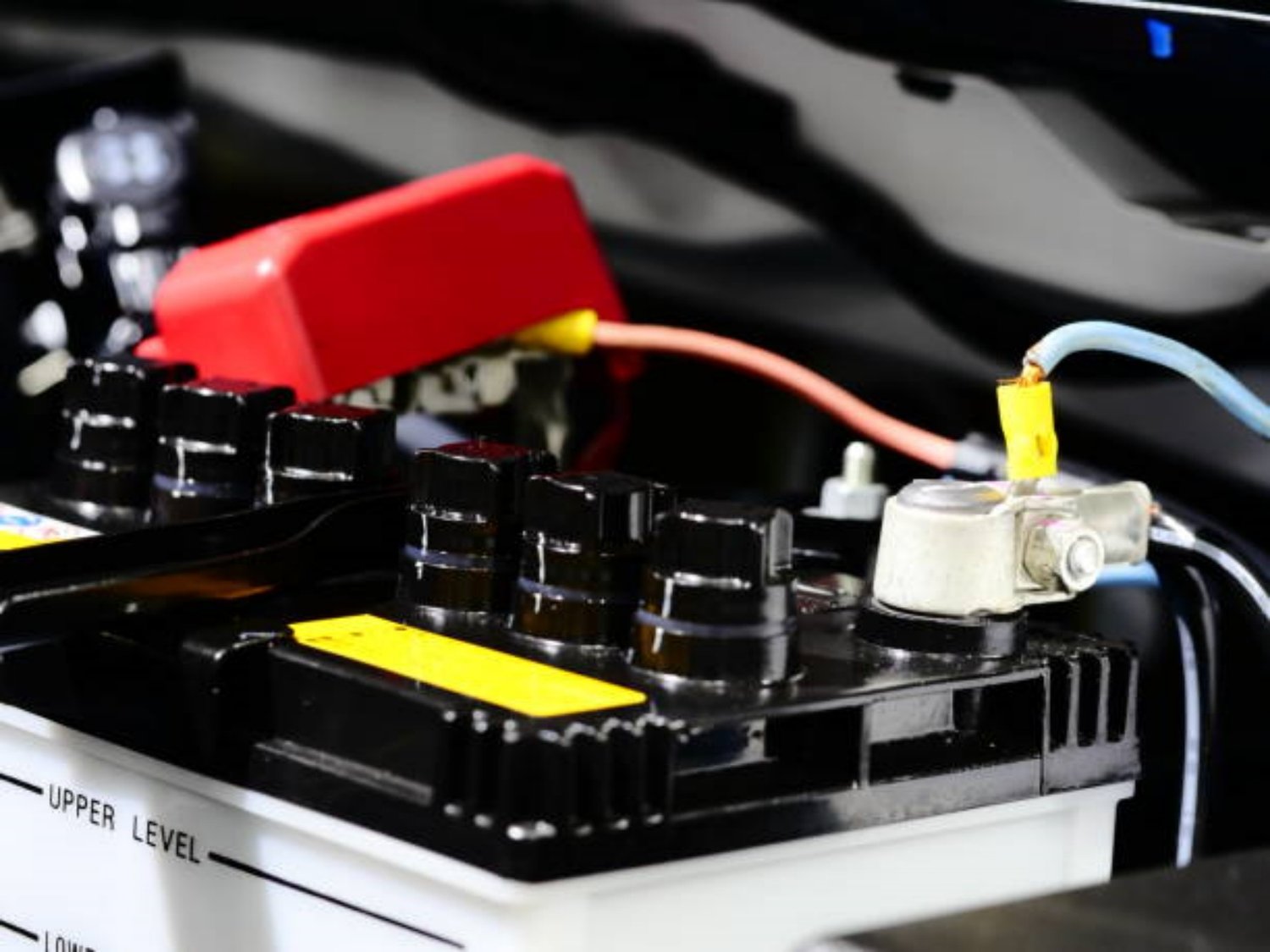Introduction
Knowing how to properly charge a lithium-ion battery is crucial to extending its lifespan. But what happens if your battery management system (BMS) fails and you need to charge your battery without it? This article will discuss whether or not charging a lithium-ion battery without a BMS is possible and the consequences that come with it.
What is a BMS?
A BMS is a system designed to protect a lithium-ion battery from damage by monitoring its state of charge, temperature, and voltage levels. It ensures the battery is charged and discharged within safe limits and prevents overcharging or overheating. Without a BMS, the battery is at risk of damage or even failure.
Can I Charge a Battery Without a BMS?
You technically can charge a lithium-ion battery without a BMS, but it's not recommended. The BMS is there to protect your battery and ensure its longevity. If you charge a battery without it, you'll have to rely on manual monitoring of the battery's charge and voltage levels instead.
What are the Consequences of Charging a Battery Without a BMS?
If you charge a lithium-ion battery without a BMS, you run the risk of damaging it or even causing a fire. The BMS protects your battery from overcharging and overheating, which can cause irreversible damage. Charging it without a BMS could lead to the battery failing to hold a charge, losing its capacity rapidly, or even exploding or catching fire.
Alternatives to Charging a Battery Without a BMS
If you can't charge your lithium-ion battery with a BMS because it's faulty or damaged, there are a few alternatives you may consider. One option is to use an external charger that has its own BMS built-in. Another is to replace the faulty BMS with a new one, which requires technical expertise but is the best option if you want to continue using the battery safely.
Can Deep Discharging Help the Battery?
Deep discharging a lithium-ion battery can help prevent overcharging and prolong its lifespan, but it's not a substitute for a BMS. Deep discharging a battery involves running it until it's almost completely discharged before charging it back up again. However, this should be done with caution and only when necessary, as deep discharge can also damage a lithium-ion battery if not done correctly.
When to Replace a BMS?
If you notice that your battery isn't holding a charge, is losing capacity, or is overheating during charging, it's likely that the BMS is faulty and needs to be replaced. You should replace the BMS as soon as possible to avoid further damage to the battery.
How to Charge a Lithium-Ion Battery Safely
To charge a lithium-ion battery safely, you should use a charger that has a built-in BMS to monitor the battery's charging process. Avoid charging the battery at high temperatures or in direct sunlight, and never charge the battery overnight or leave it unattended. Always follow the manufacturer's recommendations for charging the battery.
Conclusion
In conclusion, while it's technically possible to charge a lithium-ion battery without a BMS, it's highly not recommended and can lead to irreversible damage or even a fire. If your BMS is faulty or damaged and you need to charge your battery, consider using an external charger with its own BMS or replacing the BMS with a new one.
charging a battery without BMS, charging lithium-ion battery without BMS, consequences of charging battery without BMS, BMS, deep discharging, replacing BMS, charging lithium-ion battery safely Can I Charge a Lithium-Ion Battery Without a BMS? Find Out Here! Charging a lithium-ion battery without a BMS can lead to irreversible damage or even a fire. Discover the alternatives and consequences of charging a battery without BMS in this informative article!

